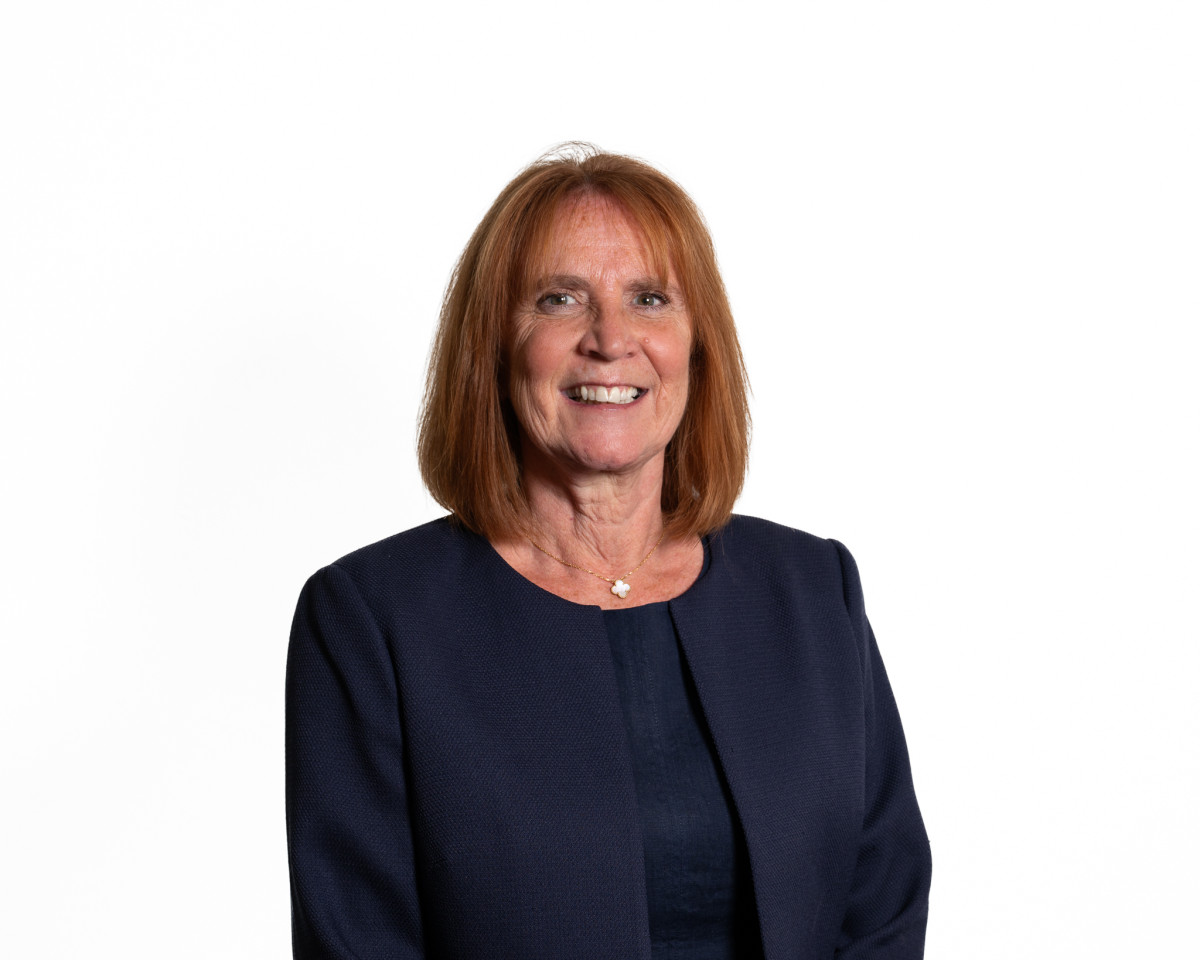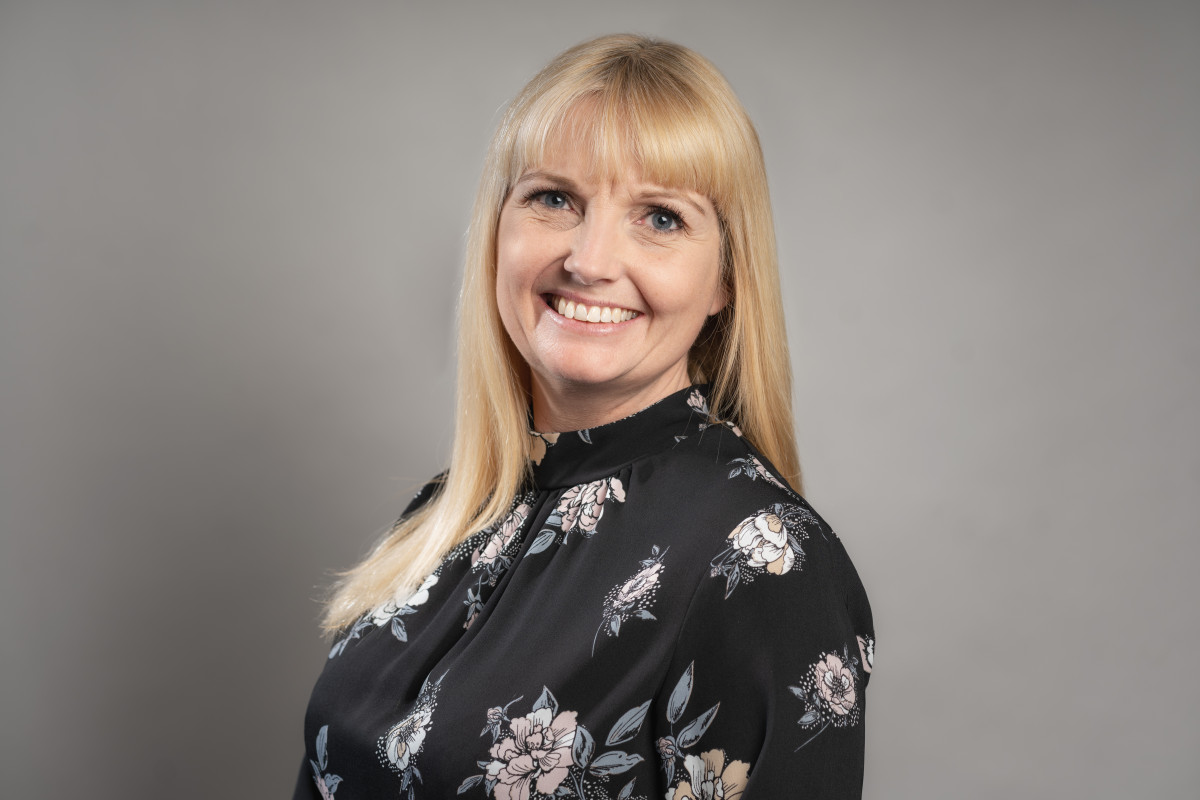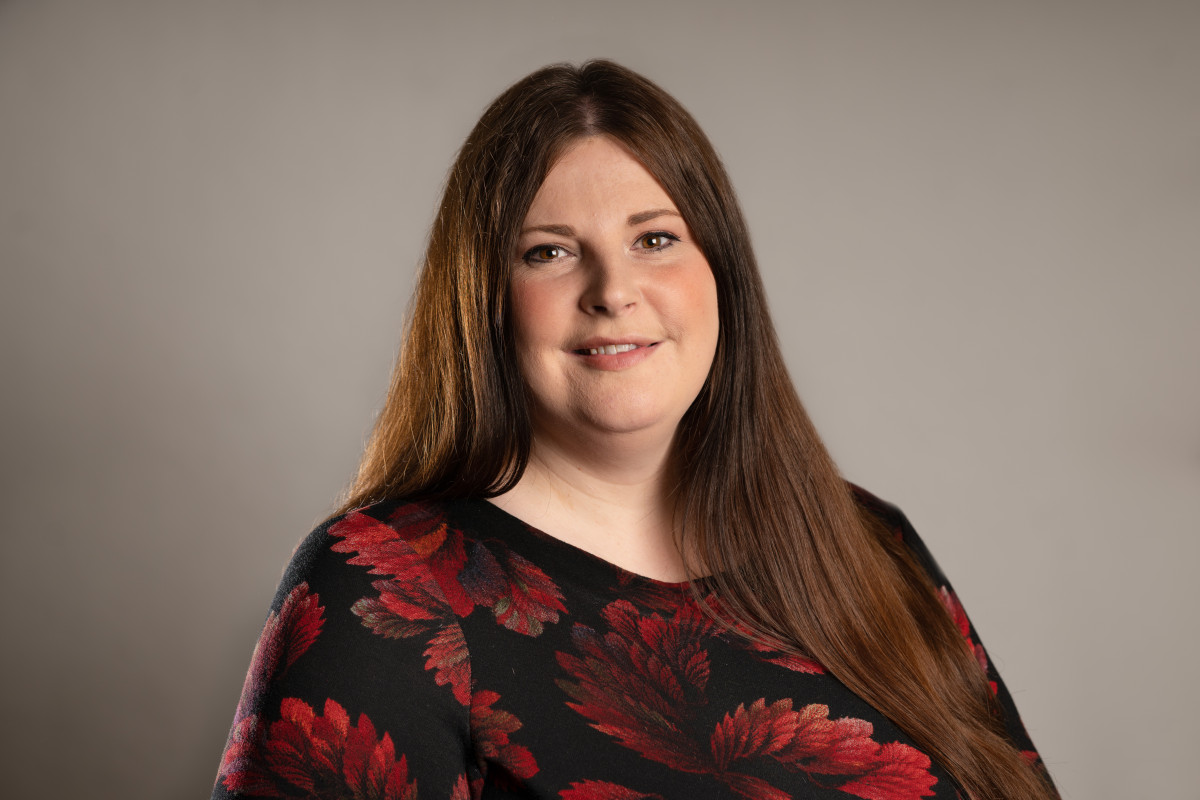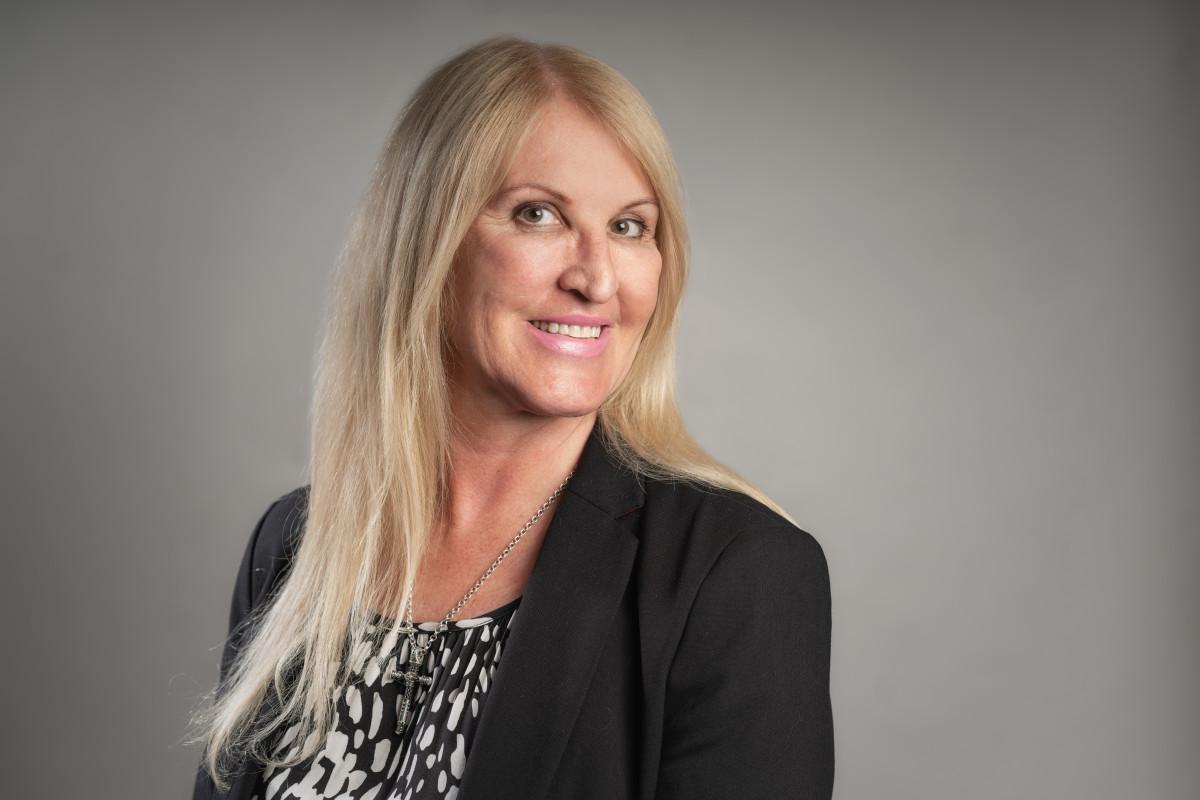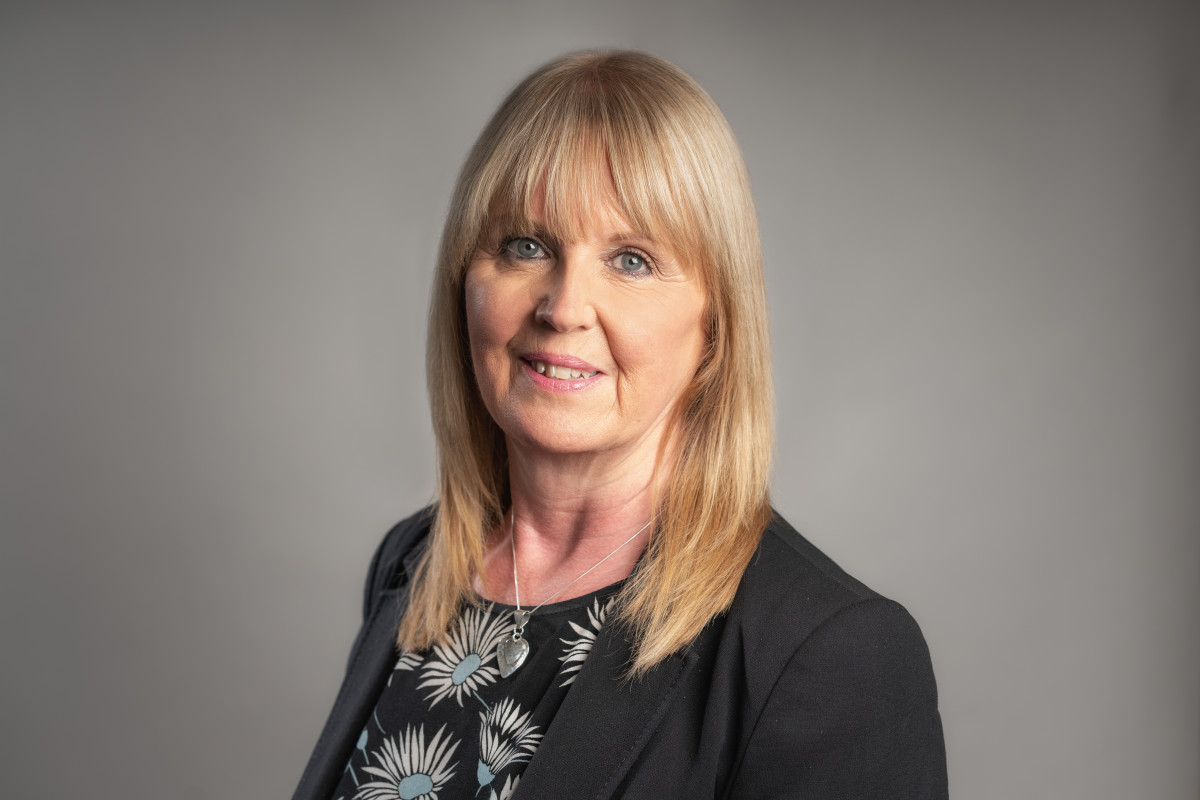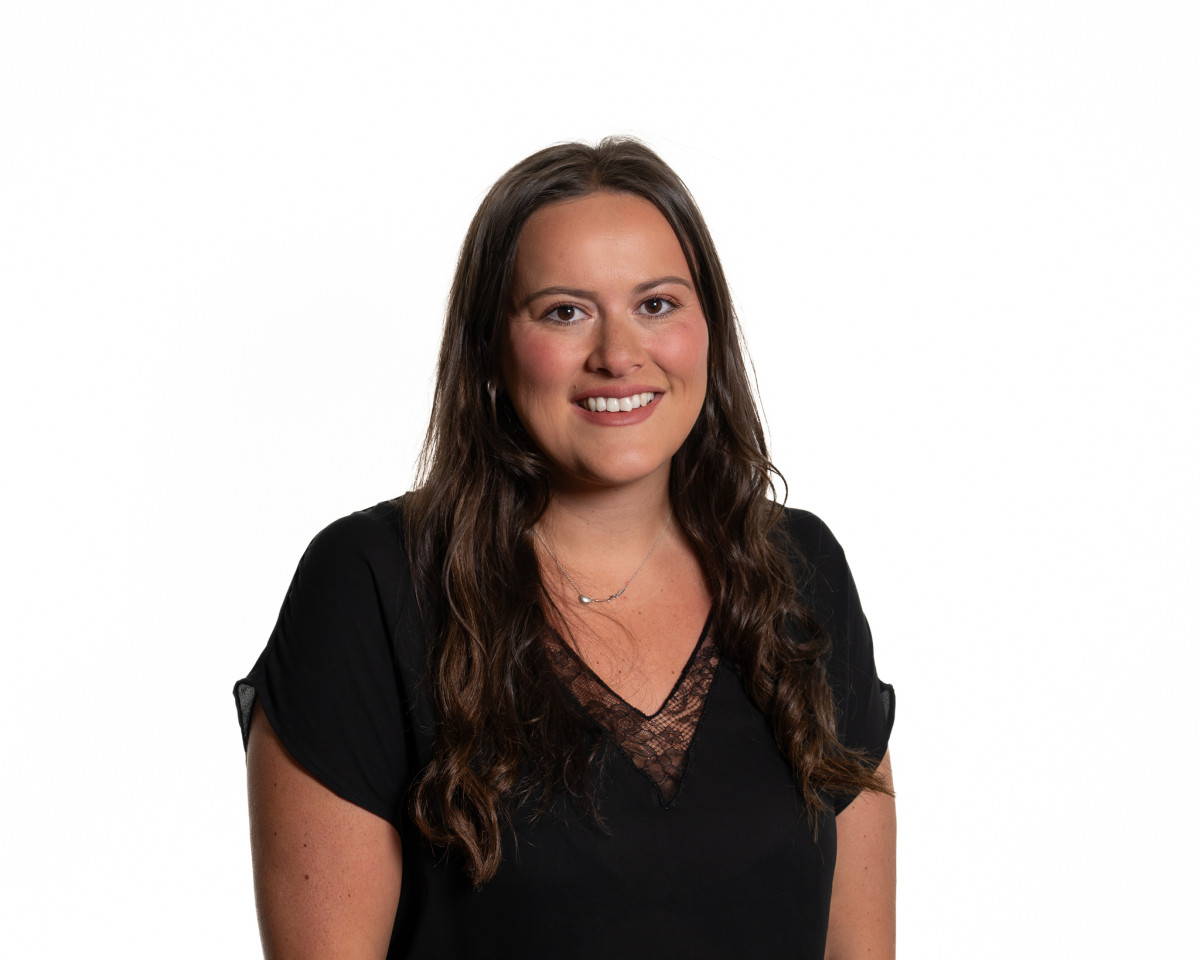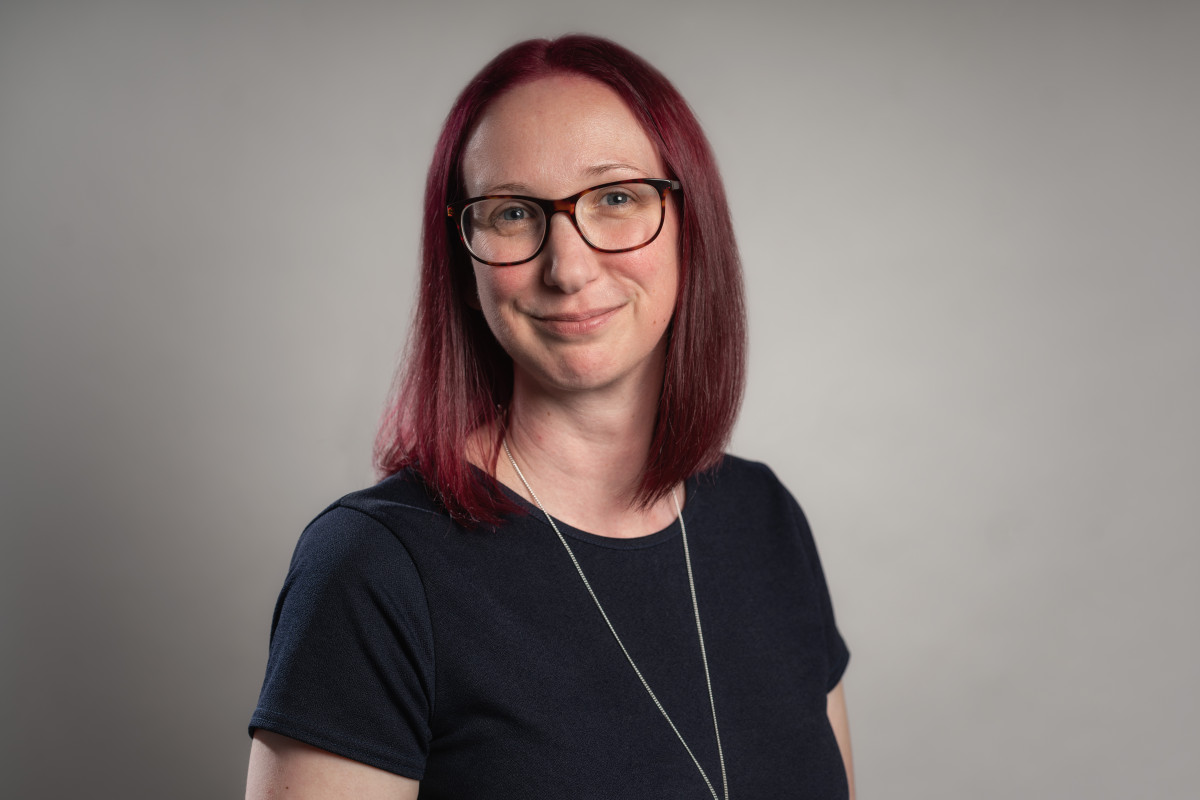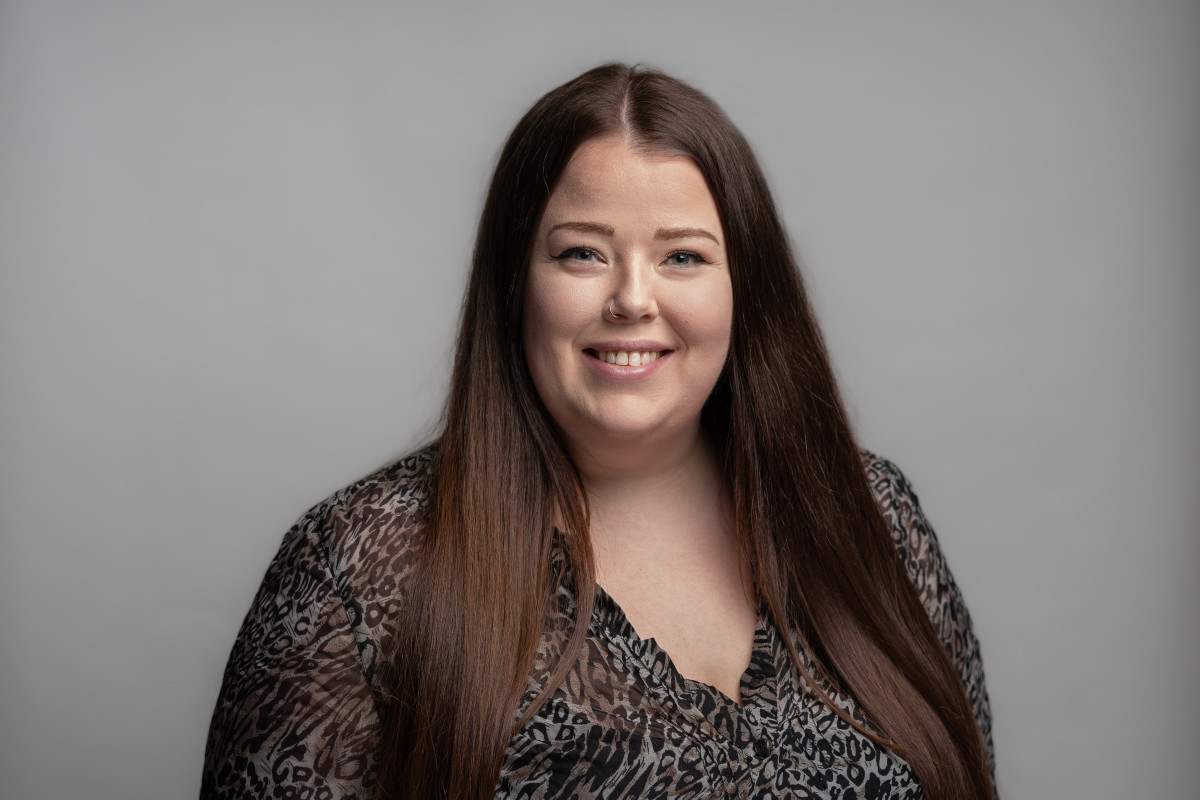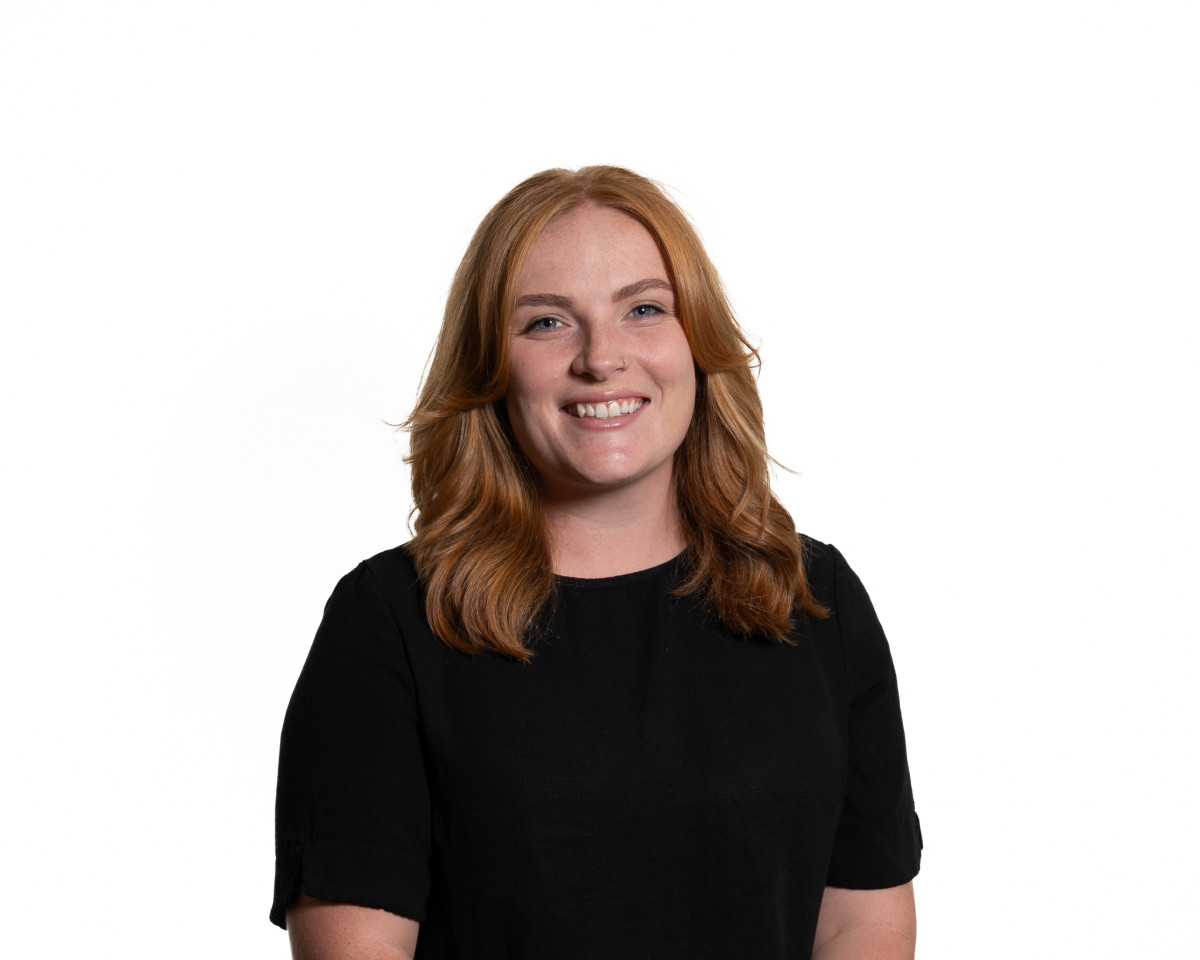“Having come back to work for a rest, I just wanted to thank you both again for your help and support throughout. As mentioned to you last week Michelle, Adina has been absolutely superb and has worked hard to maintain good communication between all parties, including the NatWest. Her helpful attitude and willingness to go that extra mile was very much appreciated and although I didn’t deal with you very much Michelle, I understand Adina can only work as fast as you did, so a BIG thank you to you too for your efficiency throughout the process.
“It’s very often the case that you’ll hear how solicitors can be slow in turning these things around so I was very pleased to have had such a good experience with Russell and Russell and would highly recommended your services in future to friends and family.”



